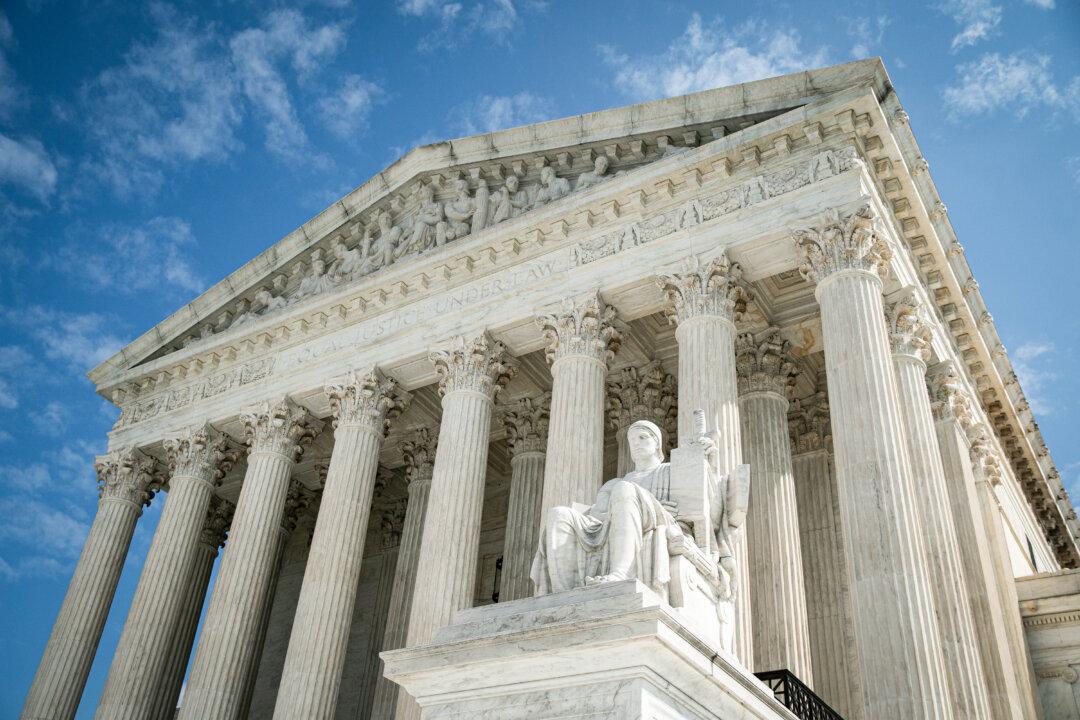The Supreme Court has agreed to hear the appeal of a Texas farmer who is suing his state’s transportation department for damaging his family’s farm.
The petition in Devillier v. Texas (court file 22-913) was granted on Sept. 29 in an unsigned order. No justices dissented. The court did not explain its decision. At least four of the nine justices have to vote to hear a case in order for it to move forward.





